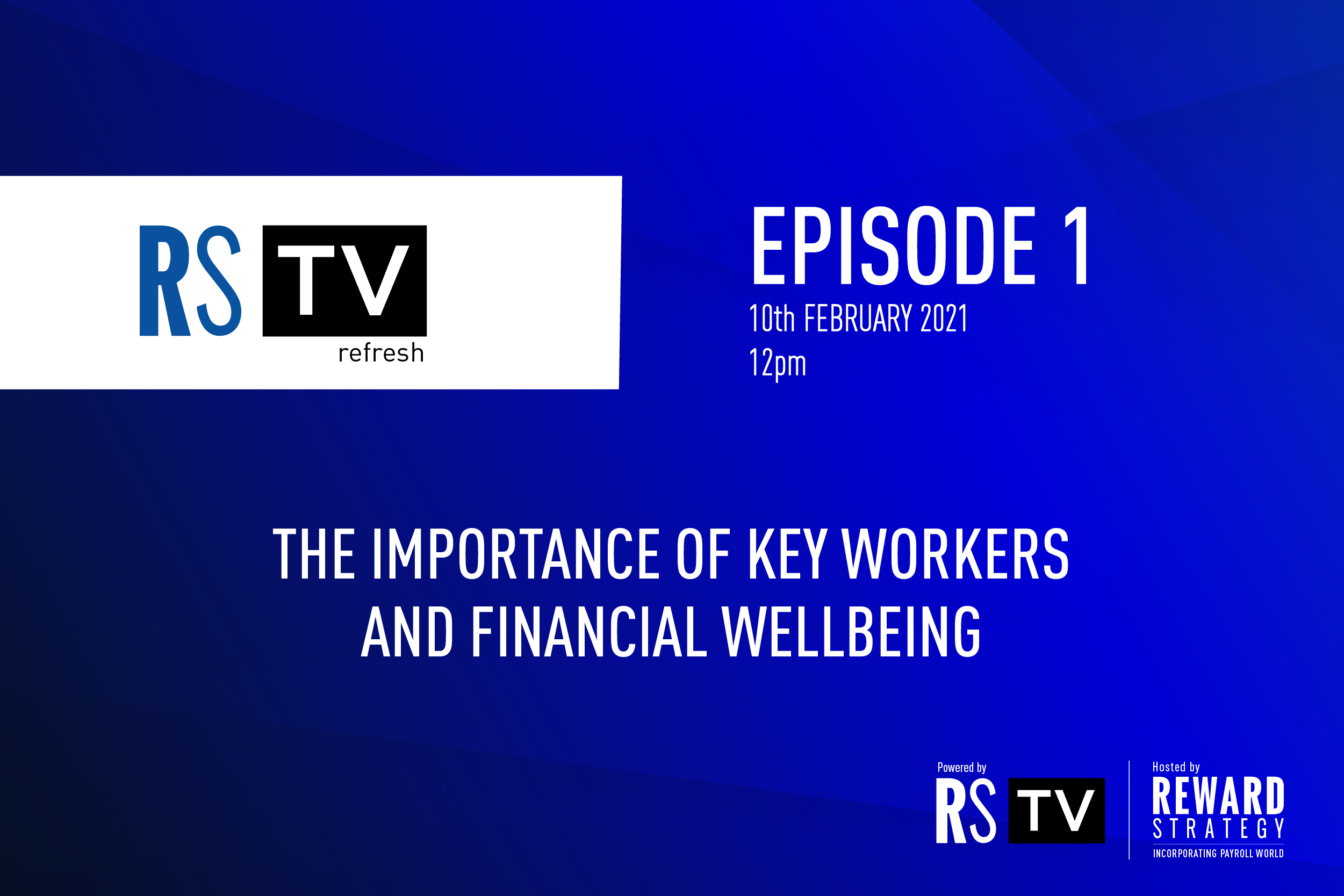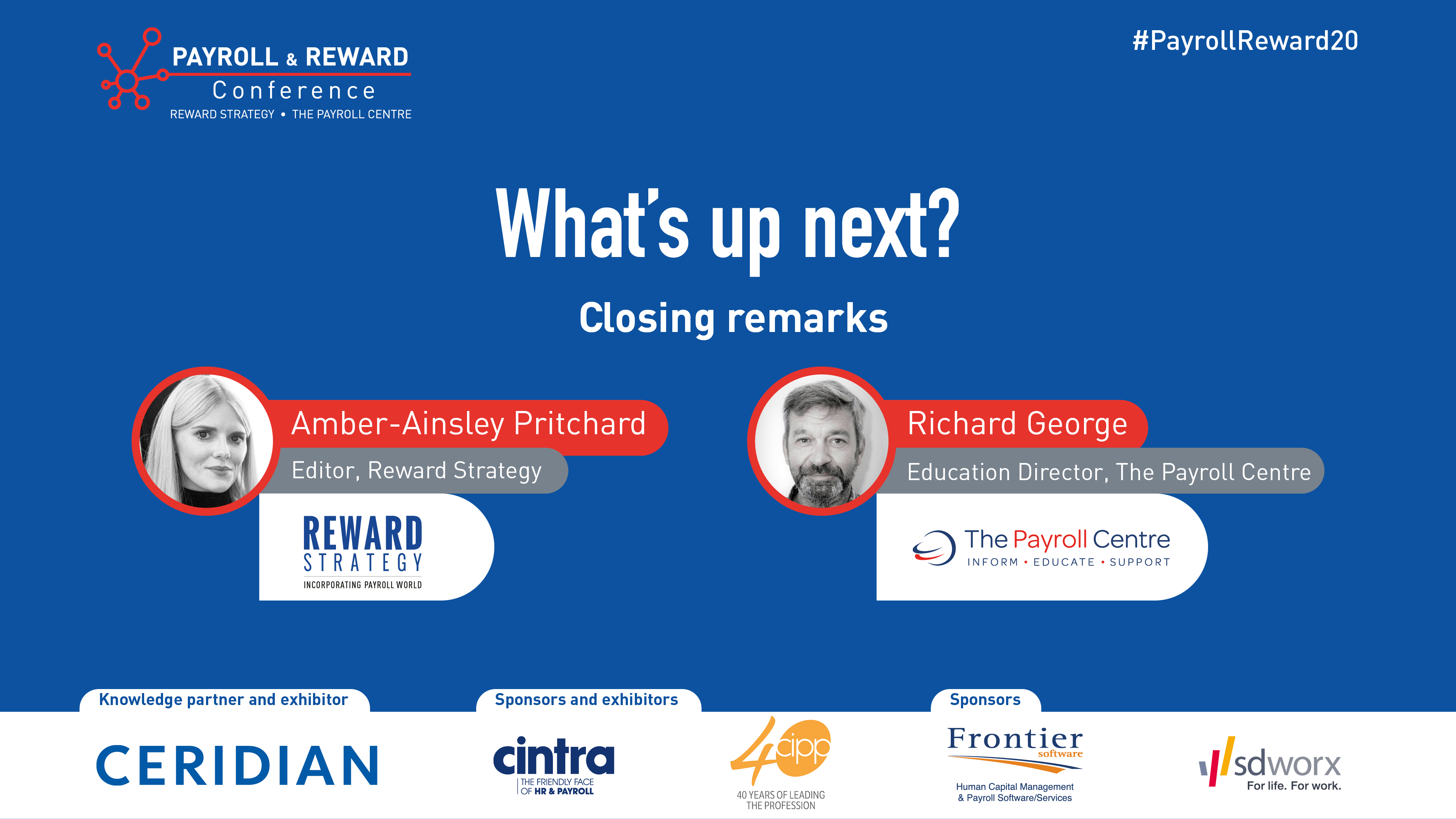Intelligence, community and recognition for pay and reward professionals.
Why you should read Agent Update 61
Normally, employers would head to the Employer Bulletin for the latest news on topics and issues that affect them in their day-to-day professional lives. This is still a worthwhile read. However, employers should also look out for the Agent Update.
 Ian Holloway
Ian HollowayNormally, employers would head to the Employer Bulletin for the latest news on topics and issues that affect them in their day-to-day professional lives. This is still a worthwhile read. However, employers should also look out for the Agent Update. Although this is specifically targeted at “tax agents and advisers”, this is what reward professionals are at the end of the day. Therefore, I think it is a really good idea that employers register to receive this to their in box.
Some of the Update may not be directly applicable to employers. However, I don’t believe there is such a thing as too much information. Plus, even if it is the same information that has been in the Employer Bulletin, it is presented in a different way. In these days when we often complain about the poor guidance on the www.gov.uk website, the Agent Update is always a useful source of information and guidance to me.
The latest issue number 61 is full of useful information. It is structured under five headings:
Welcome
This is the usual introduction section that gives an overview of what is covered in the issue. Importantly, it gives the above registration link and advises the process for volunteering to be part of HMRC’s ‘User Research’ group.
Tax
From pages 2 to 6, this section details developments and changes regarding the UK taxation system. It is not just tax via PAYE and this update includes information regarding Capital Gains Tax changes and an interesting article from Companies House about incorporation.
Employers may be interested in the following pieces:
- ‘What your clients need to know’ from The Pensions Regulator.
- Ensuring individuals who believe they are Scottish Taxpayers provide their correct address details either via their Personal Tax Account or Gov.uk’s ‘updating your address’ link.
- Changes to the PAYE Settlement Agreement (PSA) process from 6 April 2018, though there is no real update from what we already know.
HMRC Service
This section is all about changes to HMRC service, upcoming HMRC events and guidance. Pages 7 through to 12 contain some really useful links such as how employers can register for email alerts about changes plus how to access all of HMRC’s manuals – for example the Employment Income Manual and the Apprenticeship Levy Manual.
There is also an announcement that HMRC are aware of current issues with the Statutory Payment Calculators on Gov.uk and are working to correct these.
Talking Points
Talking Points (on page 13) lists the digital meetings/webinars that will be taking place in August and September 2017.
While I did not see anything that took my fancy, I was interested to see the link to toolkits, upcoming and previous webinars and meetings. Here you can register interest in a meeting regarding ‘National Minimum Wage: common errors made by employers’ on 21 September 2017 or perhaps watch a meeting from 14 February 2017 regarding the Apprenticeship Levy and Apprenticeship Service in England.
Working Together
Working Together is HMRC’s partnership with leading professional organisations that looks “to improve HMRC operations for the benefit of tax agents, their clients and HMRC”. From page 14, you are able to see the list of these professional organisations and see a list of the issues on their ‘Open Issues Register’. On page 17 there are links to the contacts for these professional bodies who will then be able to progress the issue with HMRC.
The Working Together page on Gov.uk also lists these organisations. This also says that if your professional body is not detailed but not listed or you are not a member of a professional body then you should contact the Agent Engagement Team at team.agentengagement@hmrc.gsi.gov.uk.
Often, there is a section entitled “Consultations” that gives details of live consultations and response summaries. However, in issue 61 there was none to report on at the time this publication was issued – although vigilant employers, agents and advisers will always want to look at the HMRC open consultations and closed consultations pages.
The Agent Update in its entirety is very worthwhile and does demonstrate engagement and transparency with HMRC. The Working Together initiative via our professional representative bodies is another way in which we can get our views to HMRC.






